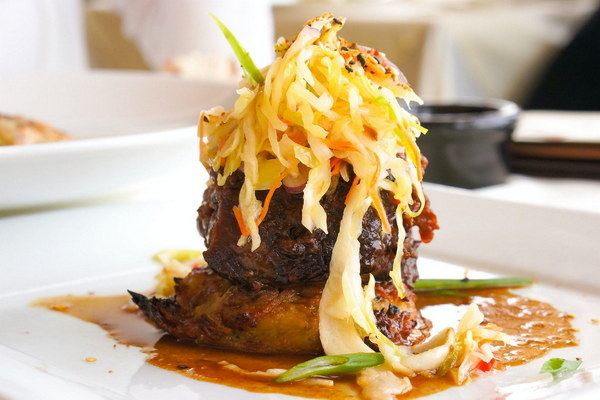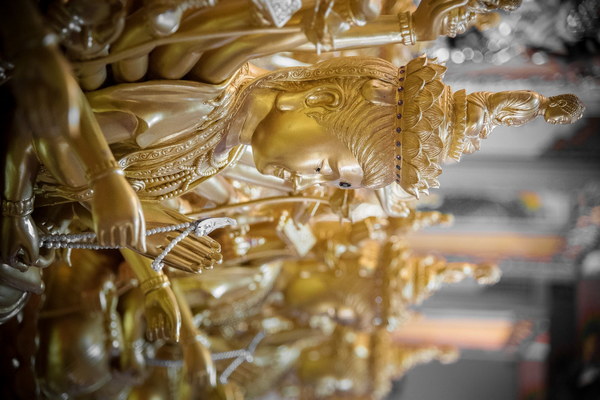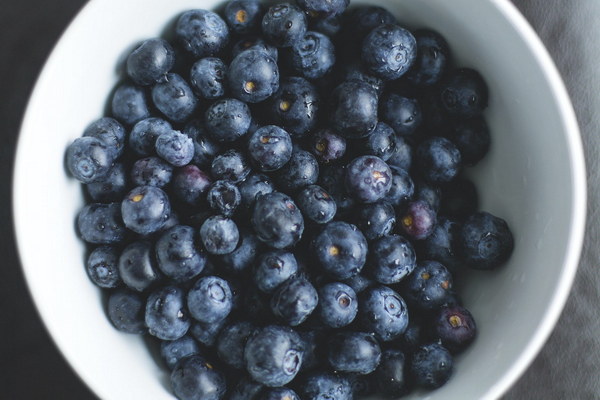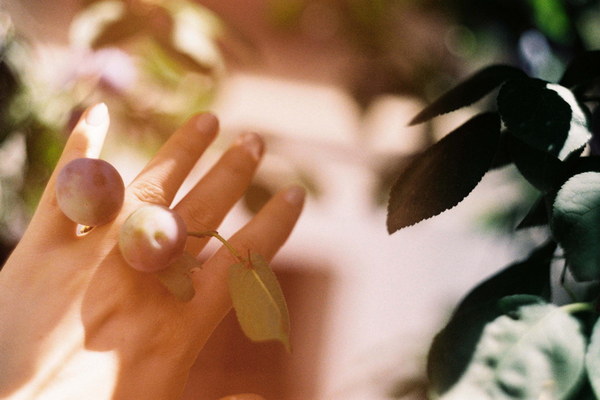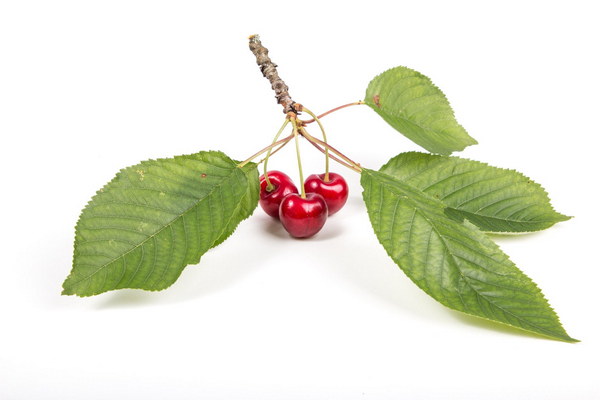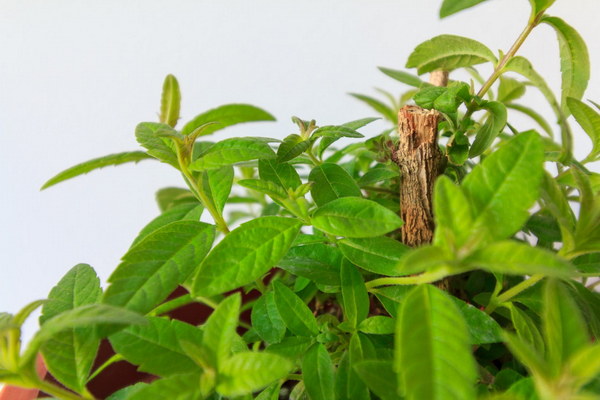Nai Shui Skincare and Beauty A Journey to Radiant Complexion and Youthful Vitality
In the heart of China's Shandong Province, nestled between the majestic Taihang Mountains and the serene Yellow River, lies the enchanting city of Yishui. Yishui is not only renowned for its breathtaking natural landscapes and historical sites but also for its unique skincare and beauty secrets that have been passed down through generations. This article delves into the world of Yishui skincare and beauty, exploring the natural ingredients, traditional practices, and modern innovations that contribute to the city's glowing complexion and youthful vitality.
Yishui's skincare and beauty secrets are rooted in the region's abundant natural resources. The fertile land, crystal-clear rivers, and diverse flora and fauna provide an ideal environment for cultivating a wide array of plants and herbs with potent skincare properties. Here are some of the most notable natural ingredients used in Yishui skincare products:
1. Green Tea: Yishui is home to some of the finest green tea plantations in China. This potent antioxidant helps protect the skin from environmental stressors, reduce inflammation, and promote a healthy complexion.
2. Chrysanthemum: Chrysanthemum flowers are a symbol of longevity and beauty in Chinese culture. They contain anti-inflammatory and antibacterial properties that can soothe the skin, improve its elasticity, and reduce the appearance of fine lines and wrinkles.
3. Honey: Yishui's local honey is renowned for its purity and therapeutic properties. It's a natural humectant that helps retain moisture in the skin, leaving it soft, smooth, and glowing.
4. Chinese Sage: This traditional Chinese herb has been used for centuries to promote healthy skin. It's rich in antioxidants and can help reduce the appearance of dark spots, even out skin tone, and improve overall skin texture.
5. Chinese Peony: The peony is a symbol of beauty and prosperity in China. Extracts from this flower can help protect the skin from UV radiation, enhance skin elasticity, and improve skin hydration.
Yishui's traditional skincare practices involve utilizing these natural ingredients in various forms, such as:
1. Facial Masks: Yishui locals have been using natural plant-based masks for centuries. These masks are believed to nourish the skin, remove impurities, and leave it feeling refreshed and revitalized.
2. Aromatherapy: The soothing scents of essential oils derived from local plants are used to create a relaxing and rejuvenating atmosphere during skincare treatments.
3. Acupuncture and Cupping: These ancient Chinese practices are believed to improve blood circulation, boost the immune system, and enhance the skin's natural healing process.
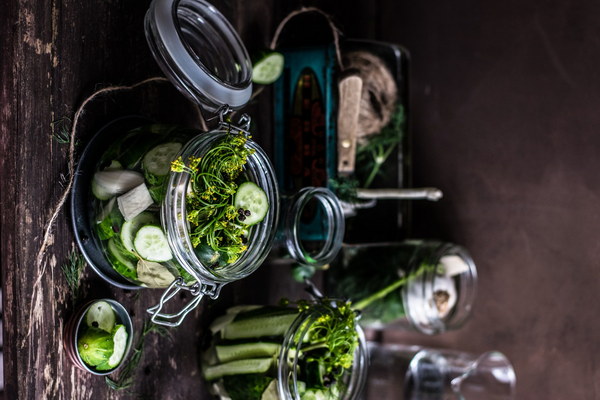
Modern innovations in Yishui skincare and beauty have also emerged, combining traditional methods with cutting-edge technology. Here are some of the latest trends:
1. Biotechnology: Local skincare companies are investing in biotechnology to extract and isolate active ingredients from plants and herbs with even greater efficacy.
2. Nanotechnology: Nanoparticles are used to deliver skincare ingredients deeper into the skin, ensuring better absorption and more effective results.
3. Personalized Skincare: Yishui's skincare professionals offer customized treatments based on individual skin concerns, ensuring that each client receives the most suitable care.
In conclusion, Yishui's skincare and beauty secrets are a harmonious blend of nature and tradition, offering a path to radiant complexion and youthful vitality. By embracing the natural ingredients and innovative practices of this enchanting city, one can achieve a truly transformative skincare experience. Whether you visit Yishui in person or explore its skincare products from afar, you're sure to discover the beauty that lies within this ancient land.

